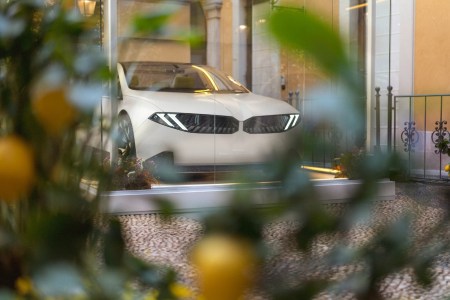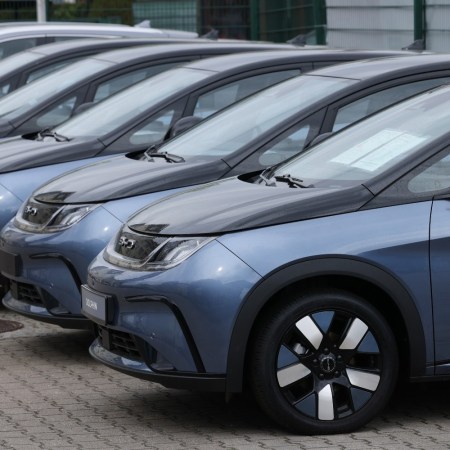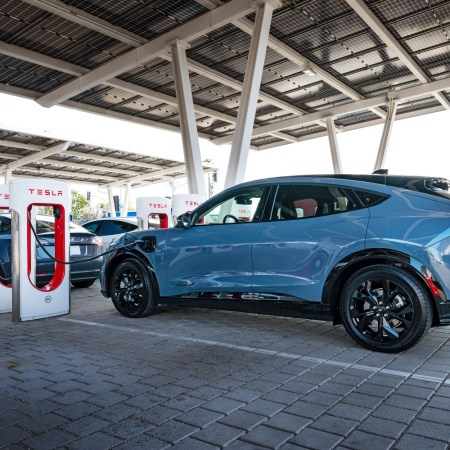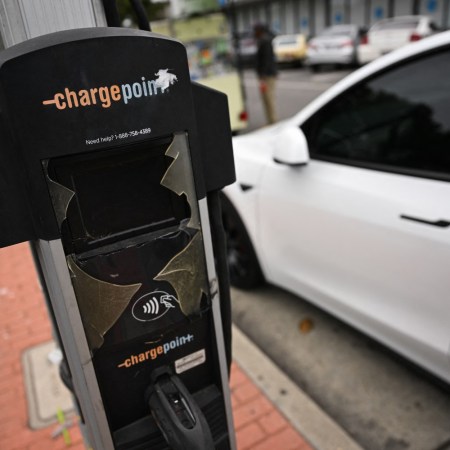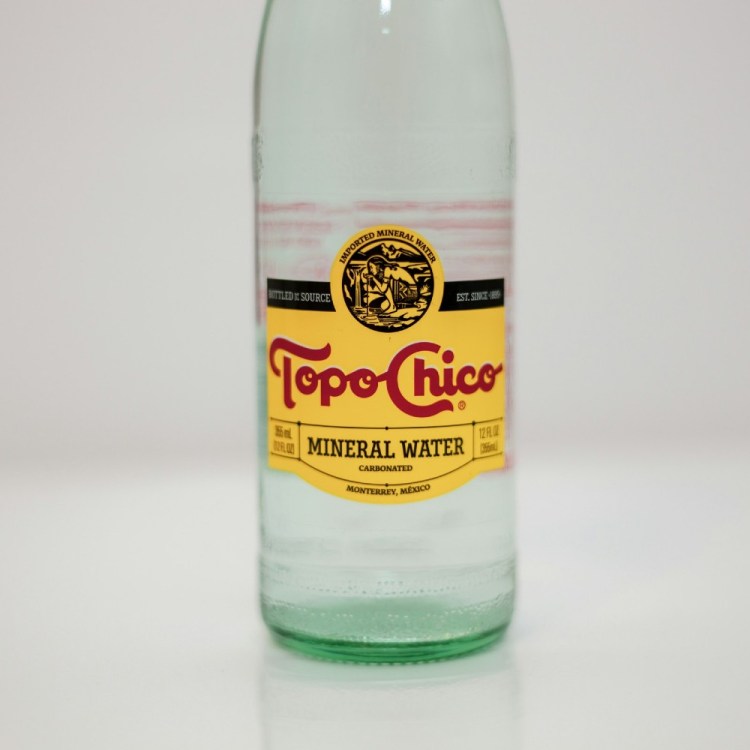While the charging infrastructure in place in the U.S. to support electric vehicles might have some bumps in the road, it’s still hard to deny that EVs are better for the environment than their gas-powered counterparts. It’s a fairly simple equation: one class of vehicles emits carbon dioxide; the other does not. And yet, a growing number of Americans aren’t nearly as convinced of the merits of EVs as you’d expect.
That’s at the center of some recent polling findings from Ipsos, as reported by NPR’s Camila Domonoske. In the last two years, Ipsos found, the percentage of Americans who believed that EVs are better for the environment dropped to 58% from 63%.
There’s one more wrinkle on this data: people who identified as “considering an EV” remained consistent in their take on electric vehicles’ environmental merits. The drop came solely when asking people who weren’t thinking about buying or leasing an EV.
What’s behind this line of thinking? NPR pointed to a few possibilities. One has to do with the fact that there are still environmental effects from making EVs and their batteries; another relates to tires and exhaust systems releasing emissions, albeit not emissions in the sense of greenhouse gases.
BMW Has Big Plans for Entry-Level EVs
It’ll be a few years before we see the new models, thoughThere’s also the way that EVs have, like it or not, become a culture war issue. Unfortunately, that has a way of shifting public opinion on certain issues — offshore wind farms once had bipartisan support in New Jersey, but opinions have since divided along partisan lines.
Even if, as NPR’s Domonoske suggests, the impact of people not seriously considering buying or leasing an EV doubting the positive environmental effects of EVs isn’t too substantial, it can still represent a threat to wider use of electric vehicles. We live in a world where partisan arguments can have larger consequences — and EVs could suffer as a result.
This article appeared in an InsideHook newsletter. Sign up for free to get more on travel, wellness, style, drinking, and culture.

